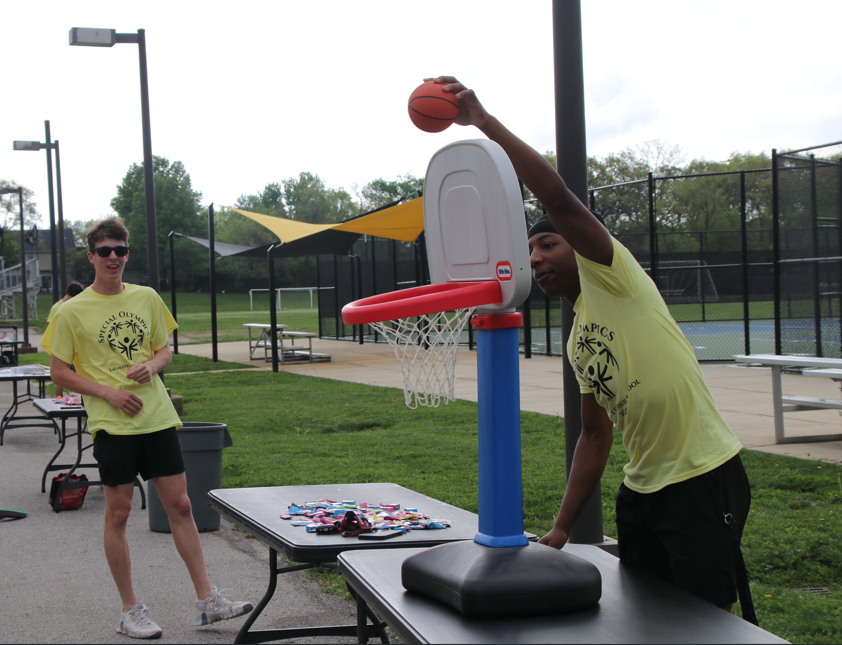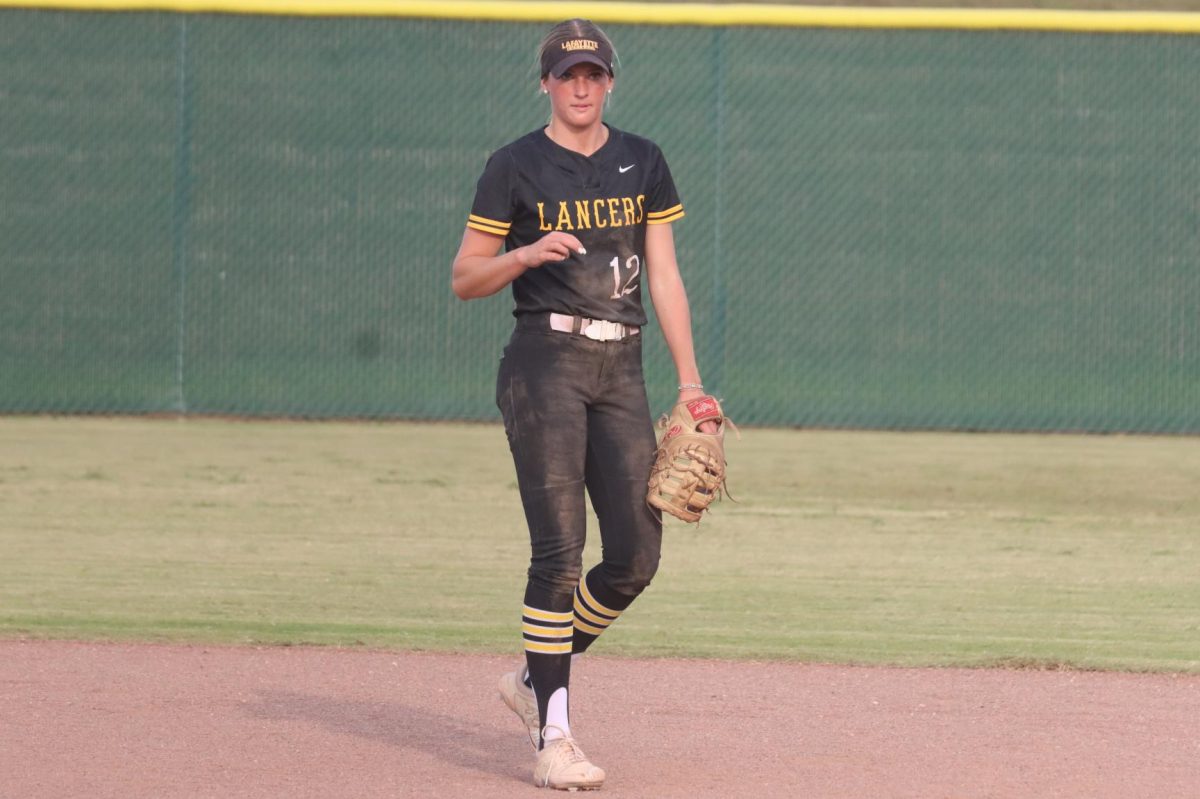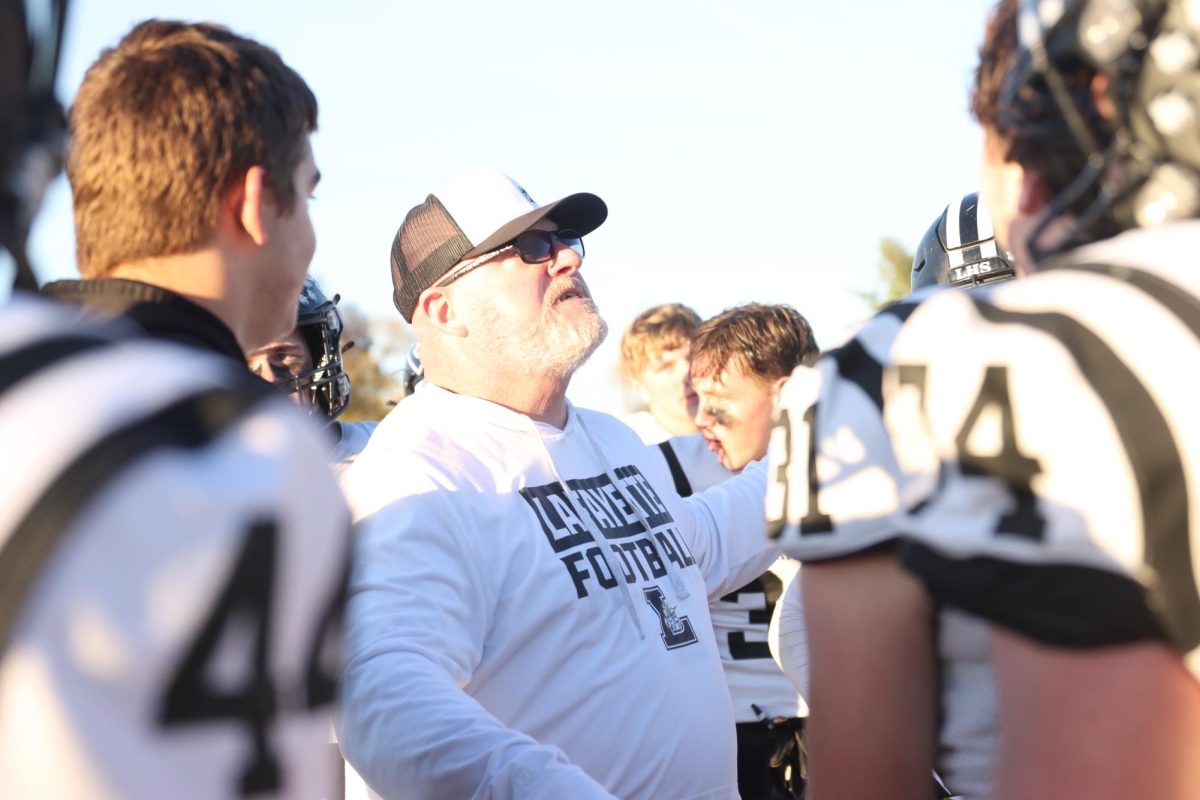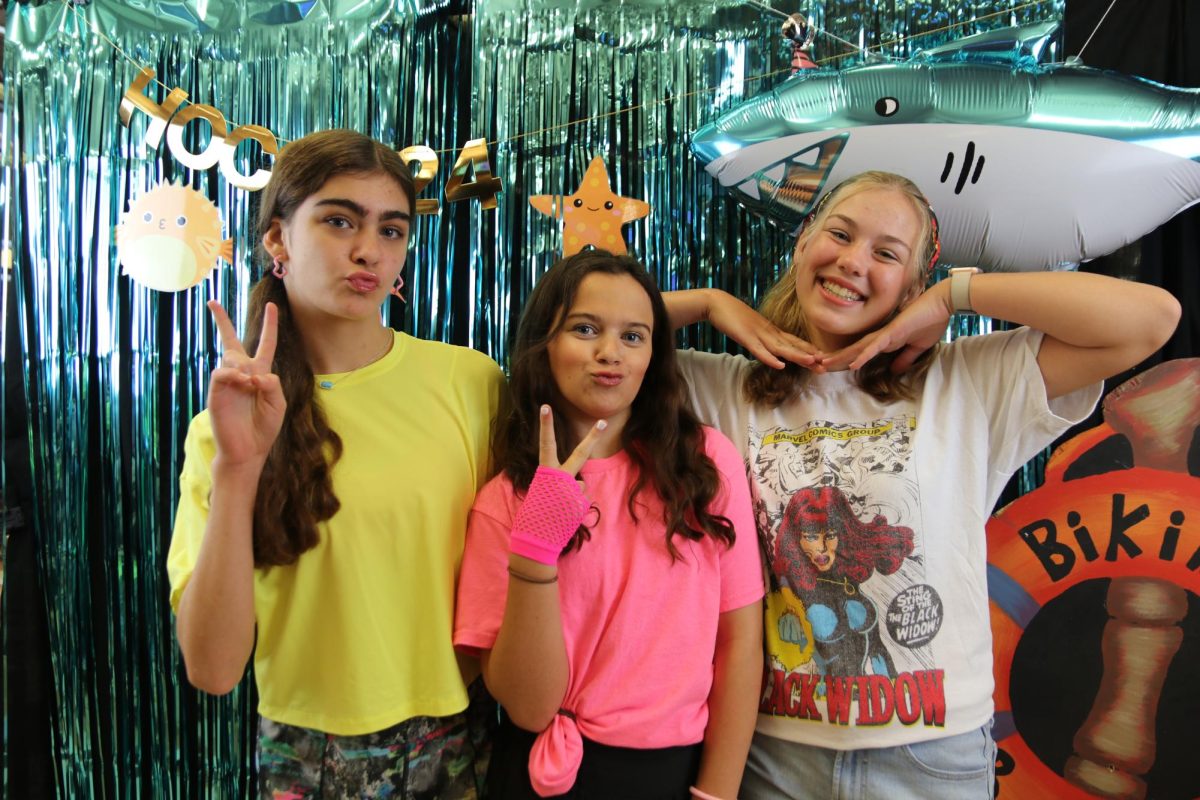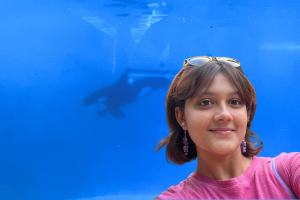OPINION: Mere exposure should apply to crisis
January 23, 2019

On Dec. 19, Miriam and I went to eat a lunch at a Turkish restaurant. In the restaurant, we heard a news from TV that Russian ambassador was assassinated by a Turkish gunman who shouted, “Don’t forget Aleppo, don’t forget Syria!”
Mere exposure effect is a psychology term that refers to a person’s growing positive perception of an object as the person is exposed to it for a long time.
In the world of materialism, we often appreciate and buy an item just because of our exposure to them on TV. However, there is an exception; it’s the story of the forgotten people, the Syrian refugees. Regardless of how many times we hear about them, we grow frustrated instead of paying more attention to their tragedy.
Winter of 2016, I flew to Istanbul with my missions organization team, InterCP, to meet Syrian refugees who escaped their homes to Turkey. Before the trip, I was excited to meet and help people who I have only heard about on TV.
However, the reality of these refugees situation struck me from the very first encounter with them. As our team was heading to the hotel, we saw young Syrian boys running between cars and begging for change. Before I could react, our van carried us away. I will never know if these boys are still running on the streets, or if they are even alive.
We met a 12-year-old Syrian refugee girl, Miriam. I remember that her smile was so bright, and there was nothing different from her than any other 12-year-olds I met in America. She took our team to a clothing factory, where her mom and aunts worked, and she showed us around the town that she lived in.
It was fun to walk around the town with Miriam, but suddenly, she stopped and asked me if she could wear my backpack for a few minutes. Her request confused me because my backpack was just a plain navy backpack.
When she put on my backpack, her face lit up as if she was carrying a treasure. As I walked behind her, a Turkish school bus stopped in front of us and children, one by one, left the bus and ran into the arms of mothers who were waiting for them. Then, I saw Miriam again, looking at them with longing eyes.
Many Syrian children cannot go to Turkish schools because of language barriers, and they can’t afford private Arabic schools. The family often ask the children to contribute to their family by working. These children don’t live like children in America often do.
Miriam was one of the many stories we have heard in the news. When she was no longer one of the statistics on TV, I didn’t know how to react.
When the time was near to say goodbye to Miriam, I gave her two pencils and we exchanged a promise – to meet each other in the future as successful people.
I returned home, afraid that I would grow insensitive to Syrian refugees’ on the news still because even though I’ve seen them personally, I can grow cold easily to the “story heard too many times.”
We are people. Unfortunately, though, the newest product on a market shelf or celebrity gossip attracts more attention from us than the news of a refugee girl who cannot go to school.
Being a person is to cry together with another person who is in pain. This is a mere human effect, to cry and laugh together. It is a mere human effect to be afraid to grow insensitive to a story of another person.
It’s never too much to hear about the people who are in so much pain. If anything, it’s not enough. Don’t let the hardships of these refugees fade. Let seeing them time and time again remind you that this crisis hasn’t ended.
So, next time when we hear on the news the stories of Syrian refugees, let’s stop and try to listen. We must keep our ears open and empathize with their stories to preserve the humanity in us. Do your part by remembering their struggle.




